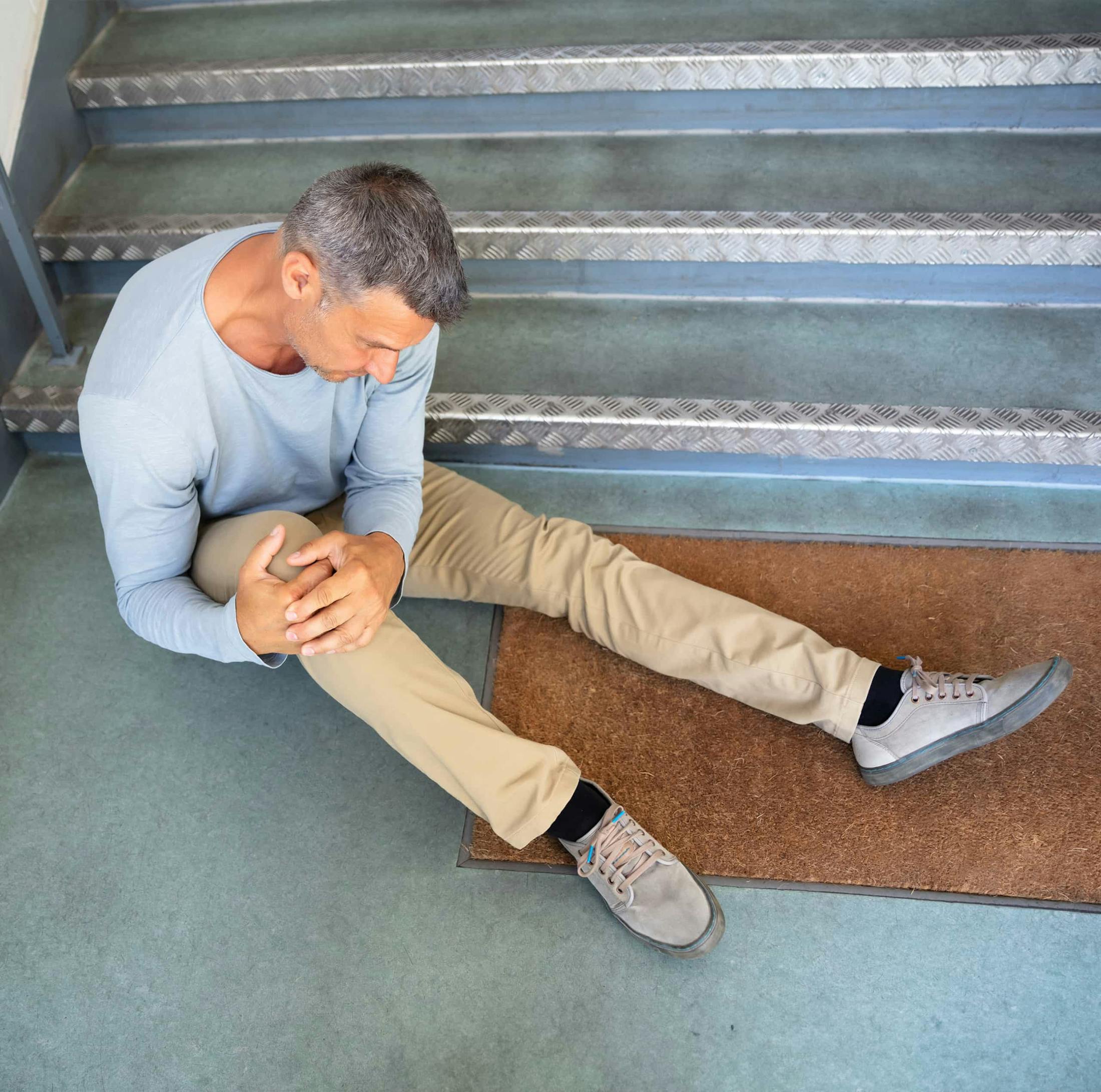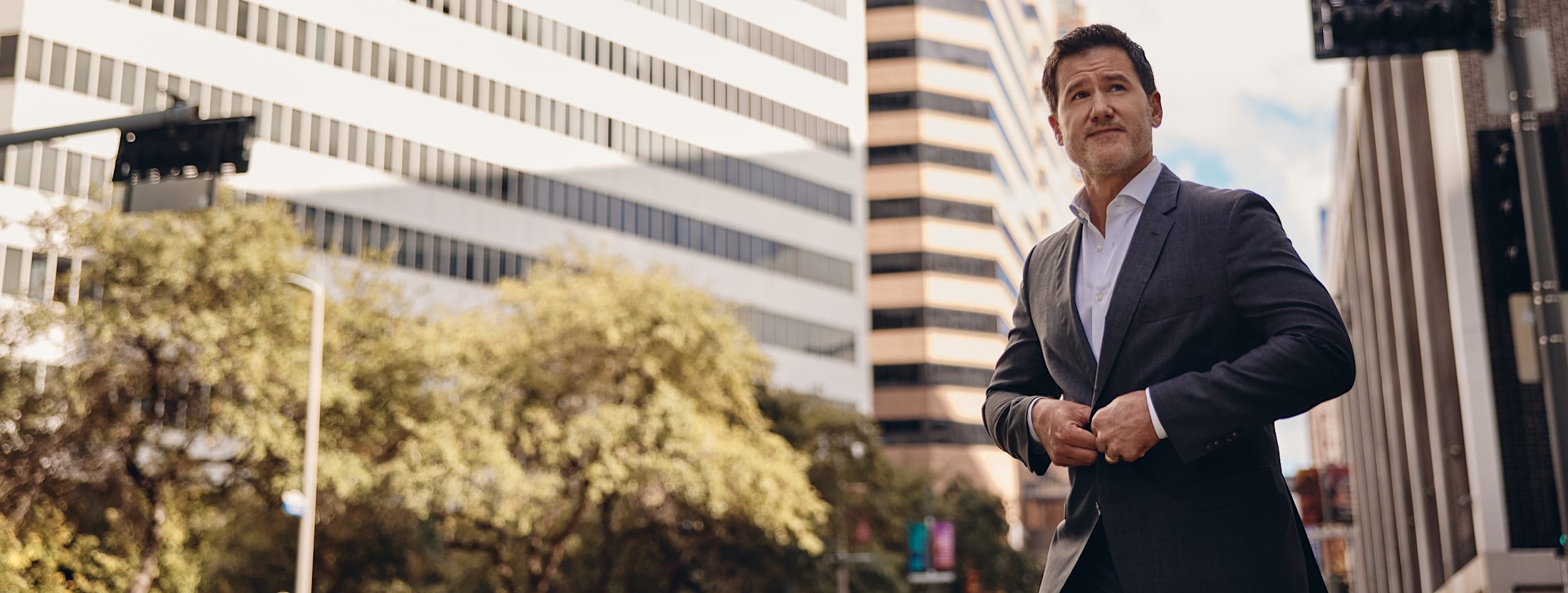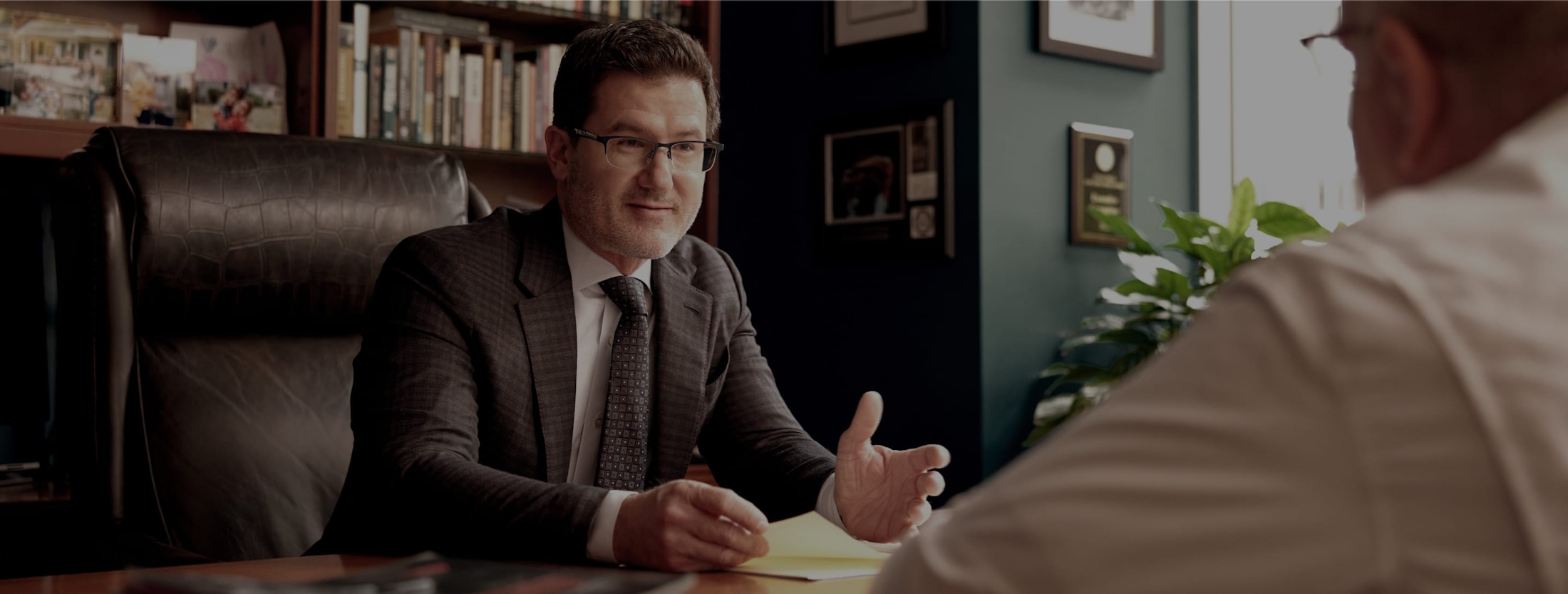Negligence involves failure to use reasonable care while in a position of responsibility, resulting in injury or harm. It includes a breach of duty, a causal connection between the breach and a plaintiff's harm, and the intent of the defendant's actions. Litigation surrounding these losses can be overwhelming, especially amidst an already tragic situation. For those dealing with cases concerning negligence, Davis Law Group is ready to fight for the justice of you and your loved ones.
Why Davis Law Group?
At Davis Law Group, our foundation is built on extensive experience and an unwavering commitment to our clients, especially in cases of negligence. Founded in 2013 by double-board-certified personal injury attorney Joshua Davis, our team has a proven track record of successfully litigating numerous cases and handling appeals, showcasing our dedication to securing the best outcomes for our clients.
Accessibility is a fundamental value of our practice. We pride ourselves on being responsive and knowledgeable, ensuring our clients feel supported and informed throughout their legal journey, particularly in negligence cases. Our clients often commend our approachability, noting they can easily reach us by phone or text, and appreciate our genuine care for their well-being.
Kindness and compassion are integral to how we operate, especially in negligence cases. Clients frequently mention our tender-heartedness and willingness to go above and beyond, such as providing personal loans when needed. We prioritize our clients' needs above all else, demonstrating our commitment to their cases and overall well-being.







